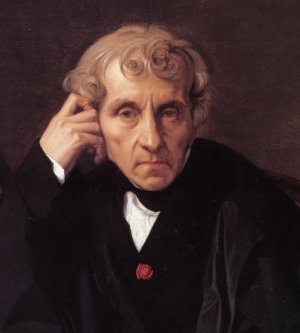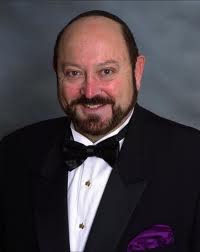Solemnity rules as Riccardo Muti guides CSO through musical perspectives on human spirit
 Review: Chicago Symphony Orchestra and Chorus conducted by Riccardo Muti; tenor Alberto Mizrahi. At Orchestra Hall through March 17. ****
Review: Chicago Symphony Orchestra and Chorus conducted by Riccardo Muti; tenor Alberto Mizrahi. At Orchestra Hall through March 17. ****
By Nancy Malitz
Riccardo Muti has given Chicago many reasons to celebrate his music directorship of the Chicago Symphony Orchestra, but perhaps the most perfect expression of his belief in art’s purpose comes in the current run of concerts with the orchestra.
The Italian maestro offers a solemn program of rarely heard works for chorus and orchestra that together form a transfixing musical meditation on the frailty and wonder of the human spirit. They are a trio of profound compositions by Brahms, Schoenberg and Cherubini, based on three quite different texts about the human condition that represent three different systems of belief:
 Brahms took up Hölderlin’s “Schicksalslied” (Song of Destiny), a poetic reflection upon the contrast between the immortality of the Greek gods of myth and mortal man’s inescapable descent “to the vague abyss.”
Brahms took up Hölderlin’s “Schicksalslied” (Song of Destiny), a poetic reflection upon the contrast between the immortality of the Greek gods of myth and mortal man’s inescapable descent “to the vague abyss.”- Schoenberg set Judaism’s “Kol Nidre,” the annual call to atonement and absolution for all commitments that distance believers from their faith.
- Cherubini composed a Roman Catholic Requiem (in C minor), with its terror of Judgment Day and its mesmerizing supplication for deliverance of the dead into eternal light.
The forces were mighty for this concert, but also simple – a full orchestra, the Chicago Symphony Chorus (prepared by Duain Wolfe) and the persuasive cantorial narrative of tenor Alberto Mizrahi intoning the “Kol Nidre.”
There is no more convincing champion of Cherubini alive today than Muti, whose interpretive approach is all the more powerful for lack of exaggeration and inflation. Muti opens this Requiem quietly and quite gloriously from within, remaining attentive to the work’s classical architecture while revealing a vast internal realm of plush and dark colors, other-worldly textural effects and unbounded lyricism in the precise service of sacred words.
The devotional purity here is akin to Bach’s, and Muti’s occasional stark, dramatic punches struck like lightning bolts. In Muti’s hands the Requiem is a deep and troubling meditation on mankind’s most urgent question, and the effect of the final choral-orchestral passage, which continues to petition for mercy even as the music evanesces into nothingness, is both exquisite and devastating. Muti has made several recordings of this work over his career. It would be wonderful to have another, with these combined Chicago forces.
 One could hear the influence of Cherubini in the Brahms “Schicksalslied,” particularly in the dark string colors and luminous orchestration, as well as the careful text setting. In Muti’s account, one hears continuity as well from Brahms to Schoenberg. The 1938 “Kol Nidre” was intended for liturgical use and is more tonal than other music of Schoenberg’s American years.
One could hear the influence of Cherubini in the Brahms “Schicksalslied,” particularly in the dark string colors and luminous orchestration, as well as the careful text setting. In Muti’s account, one hears continuity as well from Brahms to Schoenberg. The 1938 “Kol Nidre” was intended for liturgical use and is more tonal than other music of Schoenberg’s American years.
Brahms’ “Schicksalslied” has an ending that resolves musically but poetically remains an open question, and it resonates powerfully with contemporary audiences. Schoenberg’s “Kol Nidre” speaks with the authority of ancient argument and practical wisdom in a dialog between cantor and chorus that resounds with strength. How ironic that it was written in Los Angeles just a month before Europe’s infamous Kristallnacht, a wave of coordinated brutality by civilians and stormtroopers that resulted in the incarceration of more than 30,000 Jews, the ransacking of their neighborhoods and the desecration of hundreds of synagogues into heaps of burnt rubble and broken glass.
All told, the concert provided an opportunity for quiet contemplation in the midst of extraordinary music-making.
Related Links:
- Alberto Mizrahi has recorded many liturgical works: Visit his website
- Preview of the Chicago Symphony’s 2012-13 season: Read about it at Chicago On the Aisle
- Ticket information: Visit ChicagoSymphony.org
Tags: Alberto Mizrahi, Brahms, Cherubini, Chicago Symphony Chorus, Chicago Symphony Orchestra, Kol Nidre, Requiem, Riccardo Muti, Schicksalslied, Schoenberg

